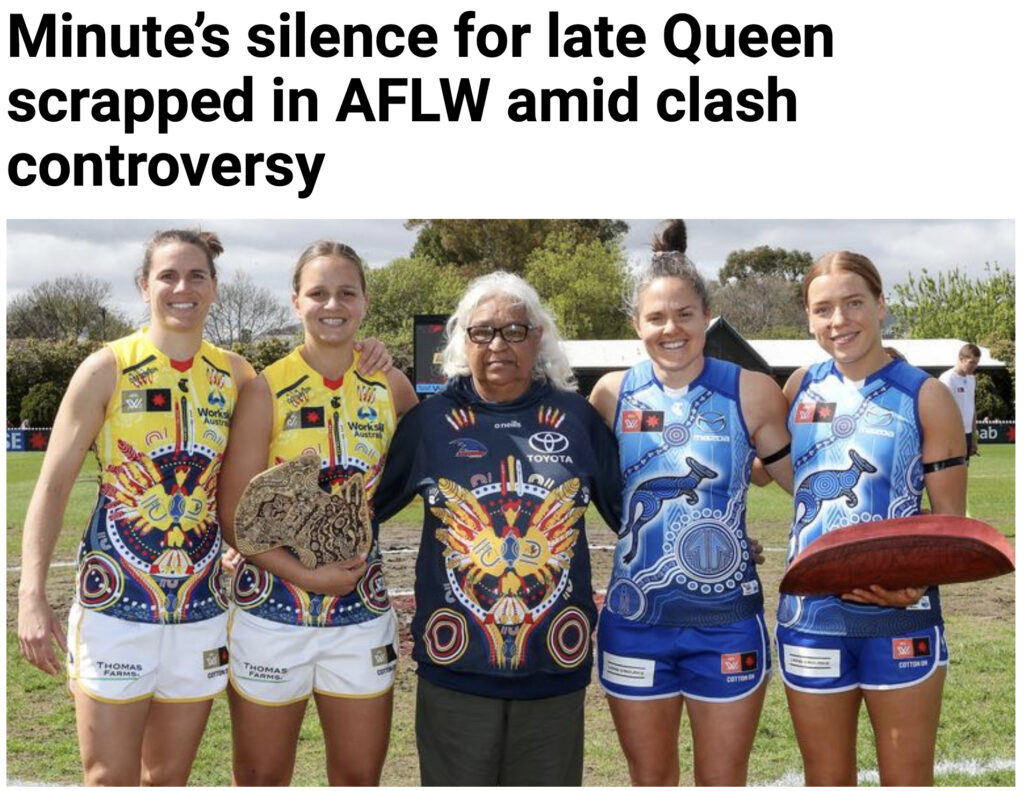THE CONTRADICTORY MESSAGES OVER UKRAINE
Comment – Sasha Uzunov, Editor, Alternate Comms.


In Australian politics hysteria campaigns are nothing new. All you need to do is simply go through the newspaper archives which hold a treasure trove on various scares: from the Asian invasion or yellow peril to Tsarist Russian threat to Imperial Germany, the Red Scare of the USSR during the Cold War etc. etc.
That’s not to say that foreign spying doesn’t take place in Australia. It has and it still does.
The timing of ASIO, the domestic spy agency, and the Australian Federal Police now warning of “foreign interference” is no coincidence. Obviously, this has been cleverly coordinated by the Australian federal government to silence those who might be critical of Australia’s support for the US and UK involvement in the Ukraine against Russia which invaded Ukraine on 24February 2022.
Don’t get me wrong the Ukrainians have a right to defend themselves but at the same time Australia’s involvement in Ukraine is not above scrutiny and needs to be examined. Australia is not a European power but a player in the Asia-Pacific region. European issues are best left to the Europeans and the US to sort out. Australia followed US’s lead into Afghanistan (2001-21) and Iraq (2003-) without any strategic benefit for Australia other than serving US foreign interests.
Moreover, many Australians have genuine concerns about getting involved in a potential nuclear war with China over Taiwan, which is not an Australian issue but a US one. Australia becomes a nuclear target. There is a US spy base at Pine Gap in the centre of Australia.
The ASIO and Federal Police warnings about foreign interference, alleging or implying Russia and China trying to induce anti Ukrainian sentiment here in Australia, is clumsy and amateurish.
A lot of negative publicity about say the UK, which is the Ukraine’s major supporter and an ally of Australia through the AUKUS alliance, comes from the Australian government itself and from important cultural institutions which shape Australian public opinion. An example of is the highly influential AFLW, the female competition branch of the Australian Football League AFL, governing body of Australian Rules Football, which came out with an official statement, in effect, condemning the British and Australian Queen Elizabeth II, who had just died last year. Her successor, son Charles III became King of UK and Australia. He has been a staunch supporter of Ukraine, even granting a royal audience in London, UK capital, to visiting Ukraine President Volodymyr Zelensky recently.
If you keep on telling the Australian public repeatedly about the badness of British colonialism especially its impact on indigenous Australians, which shouldn’t be hidden but told in full, then the Australian people are likely to associate the badness of Britain with Ukraine. Historically the British Empire has been very hostile to Russia, with a few periods of friendliness out of necessity during WWI and WWII.
This anti colonialism that’s being pushed by the Australian government led by Prime Minister Albanese, a staunch US nationalist, is not genuine anti colonialism but more of a clever smokescreen and diversion to take focus off US cultural nationalism in Australia. But it is also a double-edged sword because-as mentioned above – if British Colonialism is bad and has historically been anti-Russian, therefore why is Australia supporting the Ukraine?
That’s not the work of Russian leader Vladimir Putin but the consequences of Australian Prime Minister Albanese’s so called “anti-colonialism.”
The Prime Minister, who is of Italian background, has never condemned his fellow Italian Christopher Columbus and Columbus’ colonial impact upon native American Indians. Nor has the Prime Minister ever condemned the US for its long-standing opposition to Indigenous Australian activists.